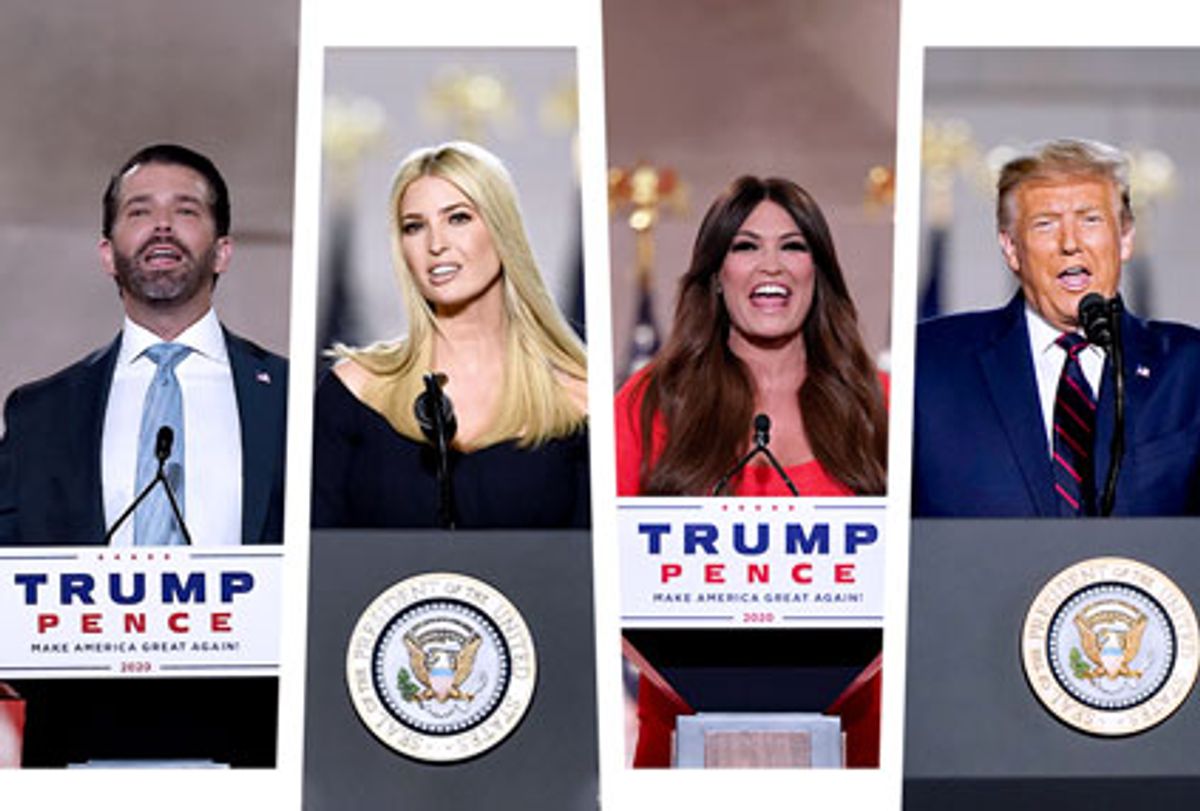Have you ever felt the icy grip of fear when expressing an opinion online? Have you ever seen someone’s career crumble overnight due to a single tweet? The digital age has brought immense freedom of expression, but with it comes the chilling shadow of cancel culture. This phenomenon, often seen as a form of online mob justice, targets individuals, businesses, and even entire brands, seeking to ostracize them for perceived transgressions. In this article, we delve into the complex world of cancel culture, analyzing its impact and exploring the stories of those who have been caught in its crosshairs.

Image: www.statista.com
The impact of cancel culture is undeniable. It has become a powerful force in shaping public opinion, often leading to swift and severe consequences for those deemed “cancellable.” However, the line between holding individuals accountable for their actions and orchestrating online witch hunts can be dangerously blurry. This article will examine the cases of those who have been subjected to cancel culture, offering a nuanced perspective on this controversial phenomenon.
The Unforgettable Cases
The list of those who have faced the wrath of cancel culture is constantly growing, but some names stand out as stark reminders of the phenomenon’s power.
The Downfall of Kevin Spacey
Once considered one of Hollywood’s most celebrated actors, Kevin Spacey’s career came crashing down in 2017. Multiple accusations of sexual misconduct, including assault and harassment, were leveled against him, causing him to be replaced in the critically acclaimed television show “House of Cards” and effectively ending his acting career.
Spacey faced investigations and lawsuits, and his public image was irreparably tarnished. This case brought the consequences of cancel culture into sharp focus, highlighting its ability to destroy reputations and careers, often before due process was established.
The “Roast” That Went Wrong: James Gunn
James Gunn, the director of the popular “Guardians of the Galaxy” franchise, found himself thrust into the center of the cancel culture storm in 2018. Offensive tweets he had posted years prior, mostly involving dark humor and satirical content, surfaced, leading to his firing by Disney.
While Gunn apologized and admitted to past indiscretions, the backlash was swift and unforgiving. Ultimately, the public outcry prompted Disney to rehire Gunn, but the incident serves as a reminder that even seemingly harmless jokes can have devastating consequences in the digital age.

Image: www.salon.com
The Controversy Around JK Rowling
JK Rowling, the beloved author of the “Harry Potter” series, ignited a fierce debate surrounding cancel culture in 2020. Her controversial comments on transgender issues led to widespread criticism, boycotts, and calls for her to be “cancelled.”
Rowling’s staunch defense of her views further fueled the fire, creating a polarizing situation. The case highlights the complexities of cancel culture and its ability to unravel even the most established names. It also raises important questions about the boundaries of freedom of speech and the limits of social accountability.
The Rise of “Woke” Culture
“Woke” culture, a term that refers to a heightened social awareness of issues like race, gender, and social justice, has become intertwined with cancel culture. While “woke” culture can be a force for positive change, it can also devolve into a form of online censorship where individuals are subject to scrutiny and judgment for their opinions and beliefs.
This can be seen in instances where individuals have been targeted for holding viewpoints that are seen as “offensive” or “problematic” by certain segments of the “woke” community. This can silence dissenting opinions and create an atmosphere of fear and intimidation, ultimately hindering open discourse.
The Rise of “Call-out Culture”
In many cases, cancel culture overlaps with the phenomenon known as “call-out culture.” Call-out culture involves publicly criticizing individuals for perceived wrongdoings, often on social media. While it can sometimes serve as a form of accountability, its potential for harassment and online bullying cannot be ignored.
The fear of being “called out” can stifle creativity and discourage individuals from expressing themselves freely. It creates a climate where people are constantly policing their words and actions, fearful of becoming the next target of online outrage.
Navigating the Digital World
The rise of cancel culture creates a challenging landscape for individuals and brands alike. It is a complex phenomenon with no easy solutions. However, understanding the nuances of this digital force is essential for navigating the online world safely and thoughtfully.
It’s crucial to approach online discourse with empathy and respect, acknowledging the diverse perspectives present in any conversation. It’s also important to remember that everyone makes mistakes, and opportunities for growth and forgiveness should be embraced.
List Of Cancel Culture Victims
https://youtube.com/watch?v=7YPOuRXavx8
The Future of Cancel Culture
The impact of cancel culture will likely continue to shape the digital landscape for years to come. As our society grapples with issues of accountability, identity, and online behavior, the lines between appropriate criticism and online mob justice will remain blurred. It is imperative that we engage in this conversation constructively, seeking to foster a digital environment that is both inclusive and tolerant.
In conclusion, cancel culture presents a challenging paradigm for our society, raising questions about the ethics of online activism, the boundaries of free speech, and the consequences of social media’s power. While it can be a potent force for positive change, its potential for online abuse and censorship cannot be ignored. In navigating this complex landscape, it’s crucial to embrace empathy, accountability, and a commitment to fostering a more inclusive and tolerant digital world.



/GettyImages-173599369-58ad68f83df78c345b829dfc.jpg?w=740&resize=740,414&ssl=1)


